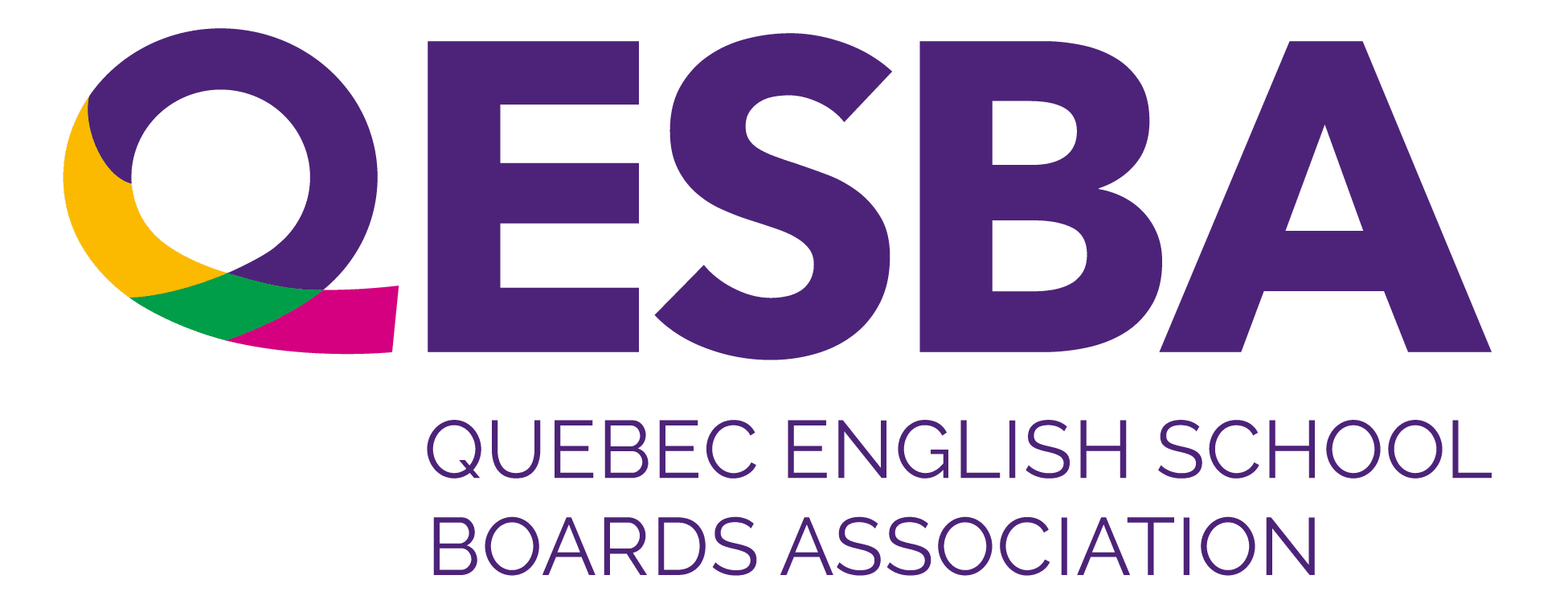Opening remarks by QESBA President Jennifer Maccarone to the House of Commons Standing Committee on Official Languages
8 October 2021
February 16, 2017
Mr. Chairman and members of the Committee, thank you for the invitation to appear before this committee to discuss the Study on enumeration of rights holders under section 23 of the Canadian Charter of Rights and Freedoms. The Quebec English School Boards Association (QESBA) welcomes this opportunity to engage in a discussion with you on this topic that is so critical to our minority community. We stated in our previous appearance before this committee how important it is to consult with the English community of Quebec and for us to be fully recognized as a minority community as defined by the Canadian Constitution and the Charter of Rights. We remind you that the province of Quebec does not recognize our status as a minority community and as such these opportunities are of special importance to us.
The Quebec English School Boards Association represents the nine English-language school boards and one special status school board in Quebec. Counting 340 schools and approximately 100,000 students.
Education is not only the cornerstone of any society, it is the key element for the vitality and longevity of minority language communities. And our community is struggling to maintain our institutions and even our critical mass. Our rights in education are entrenched in the Charter of Rights in section 23. The fragility of our community is heightened by the fact that Québec refuses to sign on to section 23.1a of the Charter, which would provide the much needed “oxygen” to our system.
We cannot over emphasize the importance of reliable data on the number of rights holders under section 23 of the Charter.
In Quebec, over roughly a 45-year period we have seen our English school population decline from 250,000 students to about the 100,000 enrolled today. Equally troubling is that our youth population is declining and it is our Vocational Education sector that is helping to keep our numbers at a relatively stable level.
To that end, it is imperative for our community to be able to measure how many potential students have access to English public schooling in Quebec under the Charter of the French language to ensure a healthy education system for the vitality of our community.
The current data gathered is not necessarily representative for our minority community when gaging English public schooling eligible families. The Supreme Court of Canada has been clear in indicating that Section 23 right are applicable where numbers warrant. Given the size of the English population in Quebec coupled with the decisions of the Supreme Court, we are entitled to the maximum service delivered by the government. We also have many different cultural communities in the province of Quebec and when asked would more than likely deem the English Language as their preferred day-to-day language.
We can never have a proper estimate not only for our community as a whole but, more specifically for our education institutions when seeking English eligible students. Many rights holders choose to send their children to French, private, or religious schools and never apply for the Quebec Certificate of Eligibility for English education. As such, many Quebec children are never counted as potentially eligible and this has an effect on planning and marketing.
Concerns
The current census does not properly represent an accurate count of minority rights holders under section 23. The census is the only form through which we can be able to base ourselves on the number of English eligible students in Quebec. We need to be able to identify our potential clientele. The census does not currently include a question to parents on their own language of instruction and if it was completed in Canada including the difference of completing elementary or secondary in English or French.
Reliable data on the number of children with at least one parent with rights under section 23 of the Charter and the Quebec Charter of the French language are necessary in order for the purpose of that provision to be fulfilled.
This was the conclusion of the Supreme Court of British Columbia last fall in a ruling in which that Court found that the province of British Columbia must collect those data.[1] It is clear, however, that the simplest, most effective and reliable way to provide access to such data is through the census. Moreover, such data should be collected for the entire country, providing numbers of rights holders in specific areas such as school catchment areas, which only the census can do.
Therefore, the government of Canada, through the census, is the level of government in the best position to ensure that minority school boards, and also provincial and territorial governments, have reliable data on the number of rights holders under section 23 of the Charter.
SUGGESTIONS FOR AREAS TO BE COVERED IN FUTURE CENSUS:
- Language spoken at home and mother tongue
- If either or both parents education was in English in Canada and to what level
- How many landed immigrants or new Canadians have had their education in English outside of Canada
Thank you, and we look forward to our exchange with you.
Conseil scolaire francophone de la Colombie-Britannique v. British Columbia (Education), 2016 BCSC 1764, at paragraphs 6656 to 6659.
Share on

